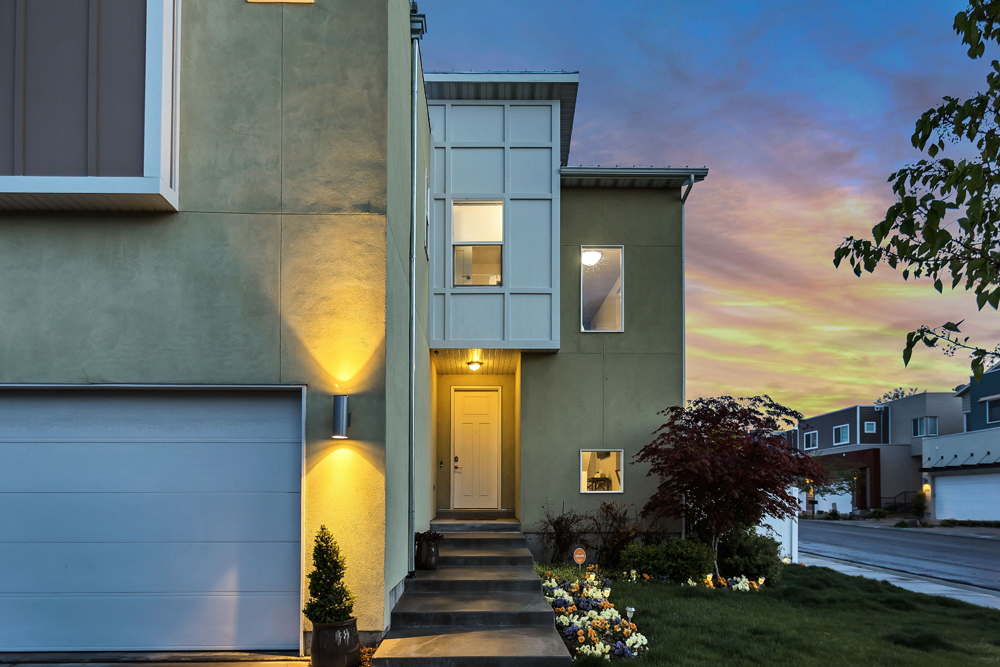Rent vs. Own: 7 Reasons Why Buying A Home Isn’t Always The Best Option
Owning your own home is part of the American dream. That’s what you’ve probably been told your entire life, and there’s a good chance you’ve never questioned the wisdom behind it. However, there are exceptions to the rule. Here are seven situations where renting may be the better financial option.
1. Your area’s population is declining.
It’s simple. Houses that appreciate in value are in areas where people want to live. If residents are fleeing your neighborhood in droves, you’re unlikely to have many interested buyers when it comes time to sell your home in the future. This could mean losing money by selling your home for less than you bought it.
The perfect example of this is Detroit, where the population continues to decline despite efforts to revitalize the city. Houses which were once desirable are now vacant, with no interested buyers in sight. It’s much easier to walk away from a rented property in this situation, as your only commitment is staying until the end of your lease.
2. The future of your neighborhood is unpredictable.
Buying a house in an up-and-coming neighborhood can be a great investment, but you need to be sure the area is actually on the upswing before you take the plunge. If the neighborhood is teetering on whether it’s actually going to become “hip,” you’ll want to sit back and observe for a bit (from the comfort of your rented accommodation). It’s not unusual for a particular area to have a lot of buzz about becoming the next “it” place, only for those rumors never to materialize. The last thing you want is to be stuck in an undesirable, high-crime neighborhood which spends 10 years on the “potentially up-and-coming” list.
3. You don’t plan on sticking around for long.
Purchasing a house is expensive. If you’re taking out a mortgage, you’ll likely be hit with an appraisal fee, a credit report fee, miscellaneous charges for “document preparation,” an inspection fee, and title insurance. That’s on top of your down payment. In addition, there are often repairs or upgrades that will need to be completed – and the seller doesn’t always agree to cover those. In short, you need to make sure you’re going to be in your house long enough for those costs to make sense. If you’re only going to be hanging around for a year or two, renting is most likely your best option.
4. It allows you to invest elsewhere.
A house can be a good investment, but so can other things. Money that you would have put towards a down payment, closing costs, and property taxes can be used for other purposes if you’re renting. You may choose to invest in a retirement fund, buy some stocks, or pay off credit card debt. All of these options have the potential to boost your net worth faster than a home purchase.
5. It gives you access to urban living for a cheaper price.
If you want to live in the heart of a major city, buying your own place can be extremely expensive. That’s why many people choose to live in the suburbs. But what good is living in the suburbs if you actually want to be in the city?
If you work in the city, the suburbs will come with a rush-hour commute, potentially forcing you to buy a car when you otherwise wouldn’t need one. Don’t forget to add car insurance, gas, and maintenance. Even if you take a commuter train into the city for work, a yearly ticket won’t be cheap. Renting, however, can give you access to urban living for a price you can actually afford.
6. Insurance & repairs can be a drag.
Home insurance varies by area, and some areas have extremely high rates. If you live in a state prone to tornadoes, hurricanes, mudslides, earthquakes, flooding, or sinkholes, then expect to pay a higher premium. However, you’ll be unaffected by natural disasters if you rent, because those hefty insurance policies will be the responsibility of your landlord.
Repairs are also dealt with by your landlord if you rent. This means you won’t be responsible when your HVAC unit breaks or your roof starts to leak. One simple call to the homeowner will be your entire responsibility. This means you won’t have any unexpected expenses related to your living situation, and that’s a major perk.
7. Buying can mean paying more for the privilege of being trapped.
There’s a chance that when you combine your mortgage payment and taxes with maintenance fees (if you live in a condo) or other fees such as yard work (if you live in a house), your monthly expenditures could be significantly higher than a rent payment.
Of course, paying a mortgage can usually be justified if your house is rising in value. However, an unpredictable market can stall house sales, potentially leaving you stranded when it comes time to sell. This can be a particular issue if you’re relying on selling your home before purchasing another one, or if you need to move to a new area immediately.
The decision of whether to rent or own is a personal one, but these six considerations can help you determine which option is best for you. Just know that it’s perfectly fine if buying a home isn’t part of your American dream.










































